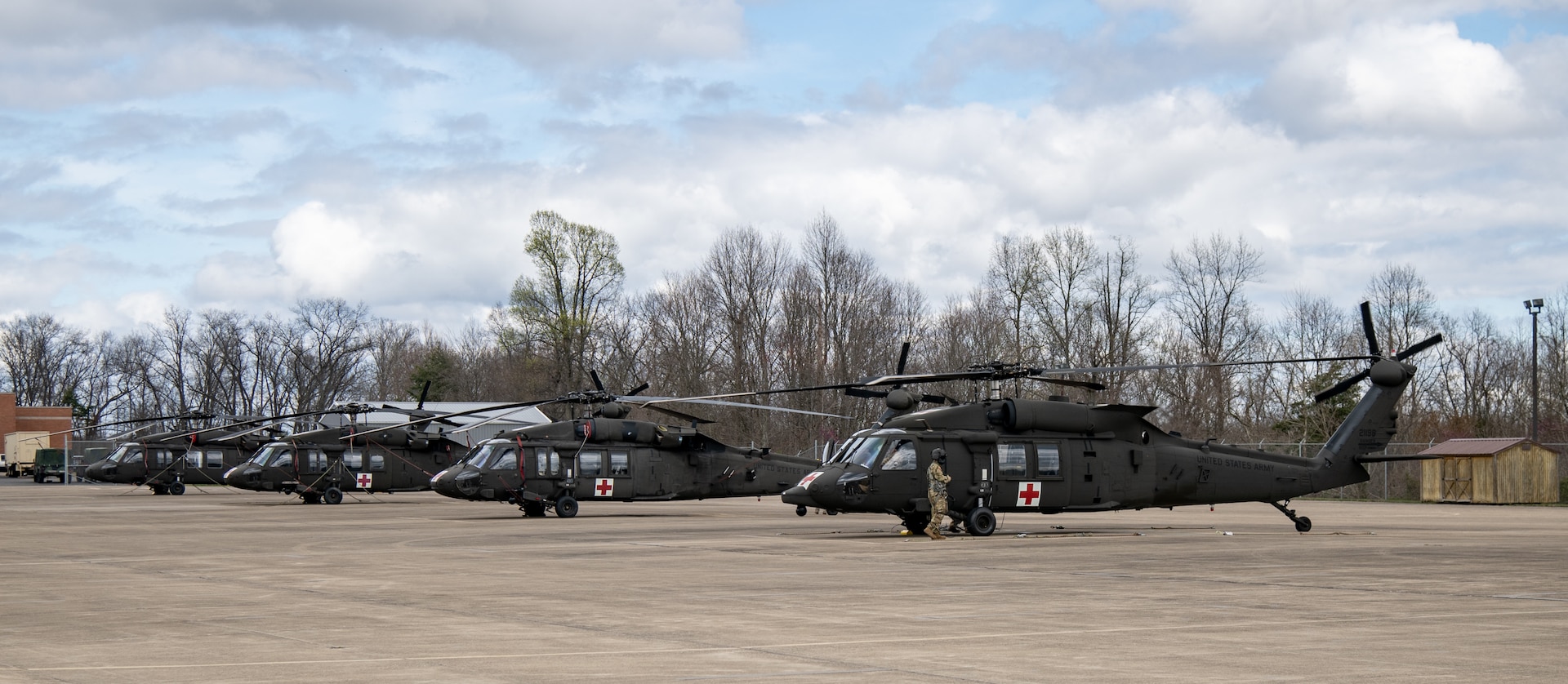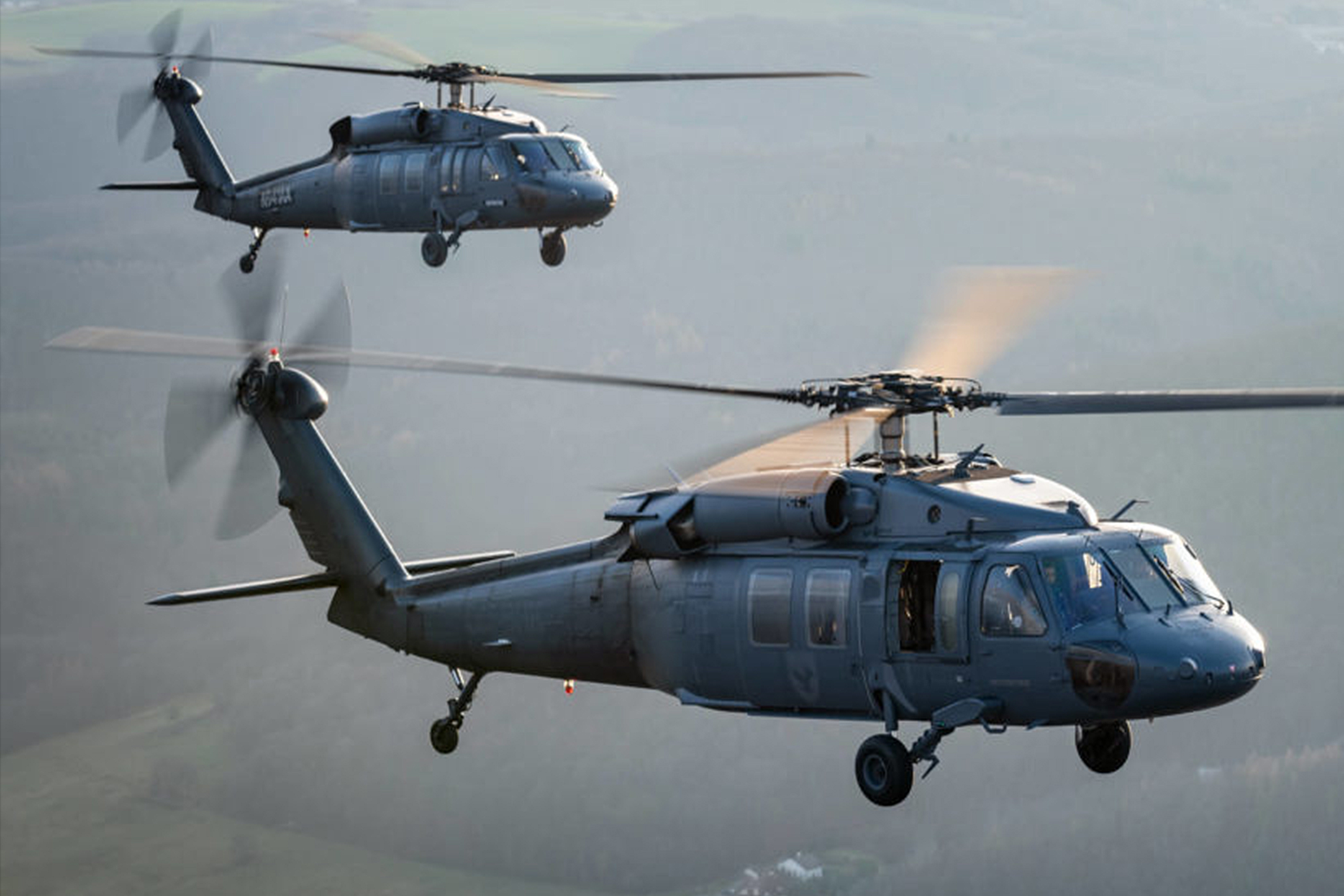UH 60 Helicopter: Advanced Avionics and Combat Solutions
UH 60 Helicopter: Advanced Avionics and Combat Solutions
Blog Article
The Impact of Sustainable Practices on the Future of Aircraft Operations and Emissions Decrease
As the aviation market deals with raising scrutiny over its ecological influence, the fostering of lasting practices arises as a crucial pathway towards future airplane procedures and emissions reduction. Developments in lasting air travel fuels and improvements in crossbreed propulsion innovations stand at the leading edge of this makeover, promising significant decreases in greenhouse gas exhausts. Nonetheless, the effective combination of these efforts rests on a variety of variables, consisting of regulative frameworks and market collaboration. The inquiry stays: how will these evolving methods reshape the characteristics of flight and add to an extra lasting future?

Introduction of Lasting Practices
Sustainable methods in airplane operations include a variety of methods targeted at reducing ecological influence while maintaining functional performance. These methods are vital in the aeronautics market's dedication to minimizing its carbon impact and sticking to worldwide environmental requirements. Key initiatives include enhancing flight paths to minimize gas consumption, enhancing upkeep protocols to make sure airplane operate at peak performance, and applying advanced innovations such as winglets and lightweight products that improve the rules of aerodynamics.

Engaging and training personnel on sustainability practices also play an important duty, promoting a society of environmental responsibility within organizations. In general, the integration of these lasting practices not just helps minimize discharges but also enhances the lasting feasibility of the aeronautics market, guaranteeing it satisfies the needs of both customers and regulative bodies while adding to international sustainability objectives.
Cutting-edge Fuel Alternatives
Many cutting-edge fuel alternatives are arising as critical remedies to minimize the aviation industry's dependence on traditional nonrenewable fuel sources. Among these choices, Sustainable Aeronautics Fuels (SAFs) have obtained significant attention due to their possible to decrease lifecycle greenhouse gas discharges by up to 80% contrasted to standard jet gas. SAFs are derived from various feedstocks, including waste oils, agricultural residues, and also algae, making them a flexible choice for the sector.
One more encouraging option is hydrogen fuel, which, when utilized in gas cells, generates just water vapor as a byproduct. Additionally, electric propulsion systems are being discovered, leveraging battery technology to power airplane.
Last but not least, biofuels originated from biomass are being checked out, providing a renewable alternative that can be combined with conventional fuels. Jointly, these ingenious fuel options represent an essential action towards achieving a lasting aviation environment, straightening with worldwide discharges decrease targets and enhancing the market's ecological stewardship.
Technological Innovations in Aeronautics

How can technical innovations improve the future of air travel? The integration of sophisticated technologies is pivotal in recommended you read changing airplane procedures, boosting effectiveness, and minimizing exhausts. Advancements such as electrical and hybrid propulsion systems are at the center, appealing considerable decreases in gas consumption and greenhouse gas exhausts. These systems leverage advancements in battery modern technology and power management, enabling aircraft to operate with a reduced ecological impact.
Furthermore, the execution of innovative materials, such as light-weight compounds, adds to enhanced aerodynamics and gas effectiveness. Using expert system and equipment knowing in flight procedures maximizes course preparation and decreases fuel shed by making it possible for real-time adjustments based upon weather and web traffic conditions. Additionally, the development of autonomous and from another location piloted airplane systems stands to reinvent freight and traveler transport, potentially boosting efficiency while minimizing human mistake.
In addition, lasting aviation modern technologies, consisting of advanced air web traffic management systems, can enhance operations and lower congestion, resulting in lower exhausts during trip. These advancements jointly represent a standard change in aeronautics, assuring a future where sustainability and operational performance are intertwined, consequently supporting the market's commitment to lowering its environmental influence.

Regulatory Structure and Compliance
Taking into account the growing emphasis on ecological stewardship within the air travel field, the regulative structure governing aircraft procedures is evolving to advertise lasting methods. Regulatory bodies, such as the International Civil Air Travel Organization (ICAO) and different nationwide air travel authorities, are presenting stringent guidelines focused on lowering exhausts and enhancing operational efficiency.
These policies commonly consist of the fostering of Lasting Aviation Fuel (SAF), which has been recognized as a crucial part in attaining reduced carbon impacts. Compliance with these policies calls for airlines to implement innovative technologies and operational methods, such as optimized trip courses and improved air traffic management, to decrease fuel usage.
Furthermore, the enforcement of exhausts trading plans and carbon countering initiatives is coming to be significantly common, engaging airlines to keep track of and report their exhausts precisely. Non-compliance can result in considerable charges, therefore pressing operators to prioritize sustainability in their service models.
Inevitably, the progressing regulatory landscape not just drives advancement and investment in environment-friendly technologies however likewise cultivates a culture of responsibility within the air travel industry. As these structures remain to establish, the focus on sustainable techniques will be indispensable to achieving the sector's long-term environmental objectives.
Future Fads in Airplane Operations
As the air travel industry adapts to an increasingly strict governing atmosphere, future trends in airplane operations are set to focus on cutting-edge remedies that even more boost sustainability and performance - uh 60. Key advancements will likely include the fostering of innovative air website traffic administration systems, which make use of real-time data and synthetic knowledge to maximize flight paths, lowering gas consumption and exhausts
An additional considerable fad is the enhanced assimilation of sustainable aviation gas (SAFs) These choices to standard jet gas, stemmed from sustainable resources, can substantially reduce lifecycle greenhouse gas discharges. The industry's see it here dedication to SAFs will likely speed up as airline companies work together with gas manufacturers to ensure accessibility and cost-effectiveness.
Furthermore, the press towards electrification and hybrid propulsion systems is acquiring energy. Emerging aircraft styles will integrate these modern technologies, using quieter and more effective operations, especially for short-haul flights.
Final Thought
The adoption of lasting air travel fuels, paired with developments in hybrid and electric propulsion systems, is necessary for decreasing lifecycle greenhouse gas exhausts. Maximizing flight courses and welcoming innovative technologies contribute to a more quieter and more ecologically friendly aviation market.
Innovations in lasting aeronautics gas and innovations in hybrid propulsion modern technologies stand at the leading edge of this makeover, appealing considerable decreases in greenhouse gas discharges.Numerous innovative fuel alternatives are emerging as essential solutions to decrease the aviation market's reliance on standard fossil gas - uh 60. Amongst these options, Sustainable Aviation Fuels (SAFs) have actually obtained significant focus due to their potential to lower lifecycle greenhouse gas exhausts by up to 80% contrasted to standard jet gas.Another substantial fad is the enhanced combination of lasting aviation gas (SAFs) The adoption of sustainable air travel gas, paired with improvements in hybrid and electric propulsion systems, is essential for decreasing lifecycle greenhouse gas emissions
Report this page